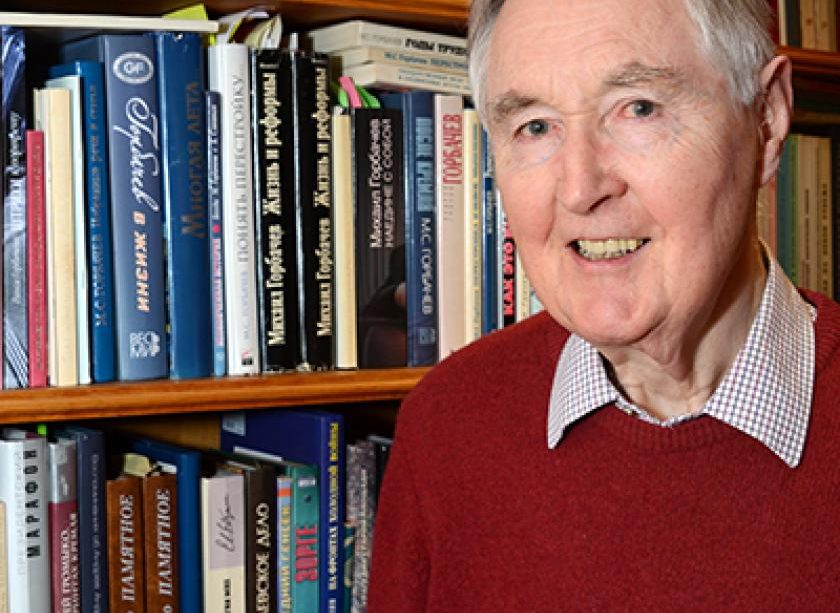Understanding the Influence of Archie Brown in Political Science

Introduction
Archie Brown, a distinguished political scientist and historian, has made significant contributions to the understanding of politics and power dynamics in the 20th and 21st centuries. His analysis of political systems, particularly in relation to the Soviet Union and contemporary global politics, offers crucial insights that are increasingly relevant as the world grapples with complex political landscapes. As political tensions rise globally, Brown’s work invites a deeper investigation into how leadership, ideologies, and historical contexts shape current events.
Background and Contributions
Born in 1938 in Scotland, Archie Brown is best known for his exploration of Soviet politics, particularly through his acclaimed book, “The Gorbachev Factor,” published in 1996. In this work, he dissected Mikhail Gorbachev’s leadership and its critical role in the dissolution of the Soviet Union. Brown’s nuanced approach underscores the significance of individual agency in political transformations, challenging the idea that systemic factors alone drive change.
In recent years, Brown has also focused on the rise of populism and authoritarianism around the globe. His analyses highlight how historical precedents can inform the current political climate, offering warnings about the potential pitfalls of democratic backsliding. He has contributed to various platforms, including the BBC and The Guardian, where his commentary continues to foster public understanding of political developments.
Recent Events and Ongoing Relevance
As the political landscape changes, Brown’s insights remain pertinent. Following the recent upheaval in several countries and the fragmentation of political parties, experts have sought his perspective on the implications of these trends. In a recent interview, Brown expressed concern over the challenges democracies face when confronted with the appeal of populist rhetoric and extremism.
Brown’s emphasis on the importance of historical context continues to resonate, especially as policymakers navigate unprecedented challenges such as climate change, migration, and global inequality. His latest work, exploring the intersection of democracy and diplomacy, promises to shed light on how nations can collaborate to address these pressing issues.
Conclusion
Archie Brown’s contributions to political science are invaluable, particularly during a time of great uncertainty. His ability to mesh historical analysis with contemporary political realities provides readers and scholars with tools to better understand and engage in the political process. As societies move forward, the lessons derived from Brown’s extensive research will undoubtedly play a critical role in shaping the discourse around governance, civil liberties, and global cooperation.









